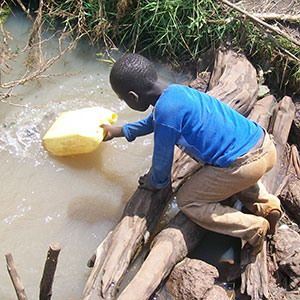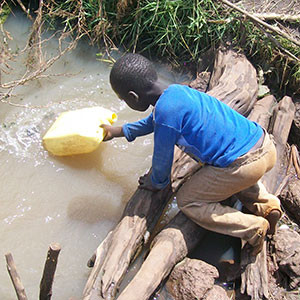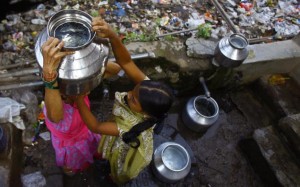We have grown up with the notion of wastage of natural resources like water, air, land etc. in ways that can only be termed as destruction of earth’s storehouse of energy. Earth’s resources do not make up a handful of property and is a matter of countries, oceans, continents etc. and you will be amazed to know that when it comes to earth shattering phenomena like pollution, change in temperature, reduction in biodiversity, it is actually affecting all of those vast stretches of land, rivers, deserts, mountains, forests etc. Such is the grandeur of the destruction we have brought upon planet earth. Water scarcity is one such instance.
After receiving continual warnings from various sources to not waste water, does it sound like too distant a reality when you imagine that we would soon run out of this resource and many of us, including people like you and I will not have access to clear drinking water? The process has started and you can depend on statistics to keep you entertained with surprising facts like number of people affected with water related diseases, dangerous chemicals found in drinking water, arsenic pollution and so many other cases of a range of health conditions resulting from contaminated water. The only problem is you probably will be too worried to be entertained at the prospect of the world we have created for our future generation.
But the primary issue here is entirely different. If you get to know that you should not be having a certain thing, like drinking some juice or eating a particular vegetable because it has adverse effects on your health then you can just avoid the entire ordeal by not having it at all. With water, however, that is far from being a possibility and in fact that is impossibility. Water being one of essential requirements for the continuation of life, it is not an option either for you or any living being on earth or the nature as a whole. If you were to consider the case of human beings alone as we are selfish enough to not be able to relate to other animals and best understand the different needs when put in relation to ourselves, you will find the untold agony of millions of people living in the Sub-Saharan countries who do not have access to basic drinking water. The kind of effort they have to make only to have access to fresh drinking water takes up much of their time and labour. Even if you keep that aside, engaging their time and labour has not always blessed them with fresh drinking water. Therefore, it is a long battle to get to a drop of life, health and well-being, which we take for granted.
All the advertisements and warning signs that you come across asking you to save money is a long litany that you are absolutely tired of, I understand. But have you ever wondered why people have gone out of their way to convince you to save water, not leave the tap open, use buckets to take a shower? Well, because they have gotten a glimpse of what the future might hold for us and they are scared. They are scared for themselves, they are scared for us, they are scared for you and they are also scared for our children. As the population continues to grow, the demand for water is increasing but the supply is the same or it is further degrading. Trust me, you do not want your child to inherit this planet.
Water scarcity can occur in areas where there is plenty of rainfall and availability of fresh water because it all depends on how the water is being collected, stored and distributed. The treatment that the available quantity of water receives will determine whether it is sufficient to satisfy the demands of the community like households, industries, factories, farms, forests or not. And with the 85% of the world population living in the driest part of the planet, we have everything to worry about. One in every three people is affected due to water scarcity. The number of yearly deaths due to water scarcity and water related diseases has risen to 6 to 8 millions in the recent years. According to various statistics, 1.2 billion people all over the world do not have access to fresh drinking water because of shortage of drinking water or lack of infra-structure to fetch water from rivers and ponds.
Water scarcity can be of two kinds, one is physical or absolute water scarcity where there is a natural shortage of drinking water resources in some of the dry areas on the planet. Another is economic water scarcity where due to poor management of the water resources, water is not adequately distributed and only the people with economic privileges can have access to it. Other than that, in many parts of India, many communities are refrained from having access to local water resources based on caste and racial biases. The practice still continues and it is a case of artificial water crisis for these communities who are left with no choice but are a victim of water scarcity having to fetch it from different villages by travelling a long distance on foot. In fact, the time that is lost in gathering water and suffering from water-borne diseases is restraining an individual’s potential and also basic rights like education.



Leave a Reply